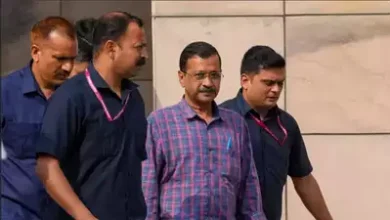Himachal Pradesh Gyan Vigyan Samiti wants that yagyas and hawans be banned from schools
The Himachal Pradesh Gyan Vigyan Samiti is against hawans and yagyas being held in some state schools. The samiti urged that the Directorate of Education discipline teachers and other staff members who organized these kinds of gatherings in schools. A note requesting a ban on such activities in schools was sent yesterday to the Secretary of Education and the Director of Higher Education by Samiti State President Omprakash and State Secretary Satyawan Pundir.

In a statement released here, Pundir said that incidents involving yagyas and havans were becoming more common in schools and that the Himachal Pradesh Gyan Vigyan Samiti, a reasonable and scientific organization, condemned activities that “promoted narrow-mindedness and were unscientific.”
“On April 9, Senior Secondary School, Sarkaghat, organized a havan under the direction of the principal. Reports of a similar event have also been received from Senior Secondary School, Gokhada (Sadar Block), in the Mandi District. Pundir said that the committee vehemently disagreed with the unscientific comment made by the director of IIT during the previous year’s monsoon natural catastrophe on the state’s eating habits.
“This gives rise to concerns regarding covert special forces that are attempting to contaminate the atmosphere of educational establishments,” he said. According to him, the government has to look into these kinds of situations seriously and carry out in-depth investigations.
He continued by saying that such activities in educational institutions fostered bigotry and superstition and were unscientific and unconstitutional.
“Education should be provided on a public, secular school campus free from prejudice based on caste, religion, or other personal beliefs. Constitutional ideals are taught in schools and how to be implemented. Pundir said, “It is improper to plan ceremonies and festivities around a certain religion and to promote it on the same neutral grounds.
“One’s religious beliefs are a matter of personal choice. In public spaces, it is unjust to impose it on others by force, he said.







